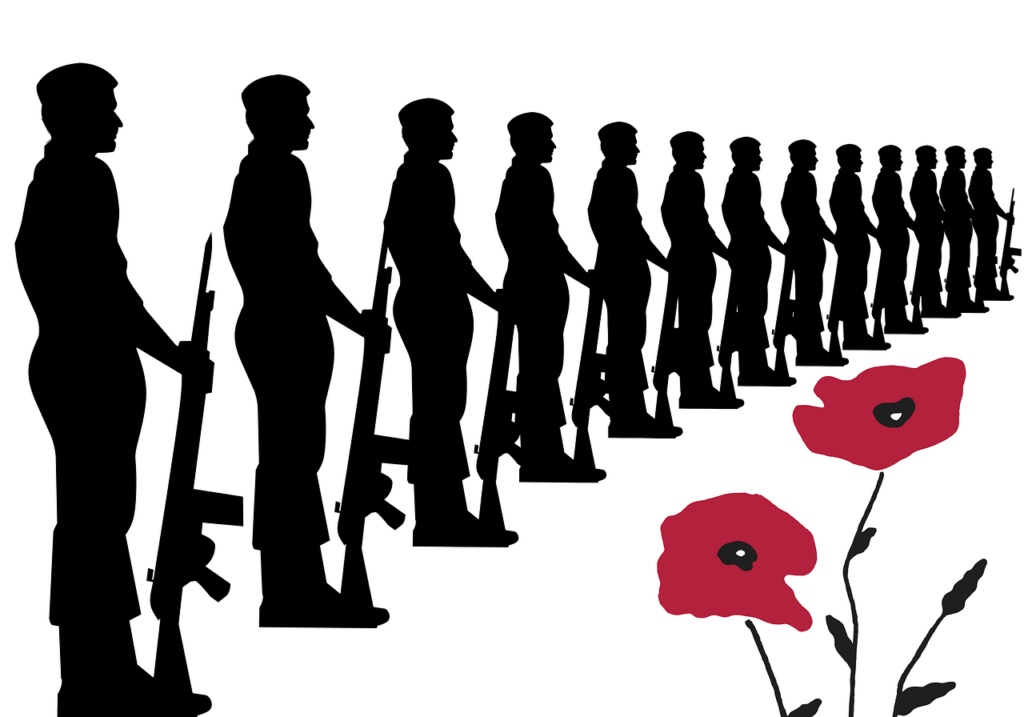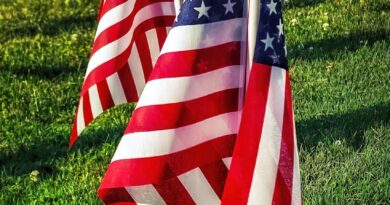Why the Poppy as Symbol of Memorial Day?

The Poppy flower has long been associated with Memorial Day. Do you know why? The history is actually pretty interesting. The connection between the poppy and the remembrance of our war heroes goes back to the First World War.
After the soils of France and Belgium became enriched with lime from the rubble left by the war, Poppy flowers grew abundantly. This phenomenon was captured in the poem “In Flanders Field” written by a Canadian doctor serving as a medical officer at the front, Lieutenant Colonel John McCrae, after presiding over the funeral of a fellow soldier and personal friend who was one of the 87,000 Allied soldiers killed, wounded or missing at the Second Battle of Ypres. The image of the red wildflowers already growing among the white wooden crosses in the makeshift graveyard inspired him to record a memorial in poetry. (McCrae also became a casualty, dying of pneumonia in France during the war’s final year.)
The Poppy flower became a symbol of the lives lost and the sacrifices they made. In 1920, The American Legion adopted the poppy as the official flower to commemorate those who died in the war. This is not, however, an exclusively American tradition. In the United Kingdom and the Commonwealth, the poppy is worn leading up to Remembrance Day/Armistice Day (known as Veterans Day in America), held on the anniversary of the end of The Great War, Nov. 11, 1918.
Countries around the world celebrate Poppy Day. The American Legion brought the tradition to the U.S. designating the Friday before Memorial Day, as National Poppy Day. While it may seem like a small gesture, this is a great way to honor our military. Don’t forget on May 28, to wear a red poppy to honor the fallen.
Of course, we are big supporters of our military veterans. We are committed to giving back to those who gave the most, which is why we support The Greatest Generation Benefits Act. Unfortunately, many older Americans need help. The good news is, this new legislation could be life-changing. Learn more and sign our petition here.



